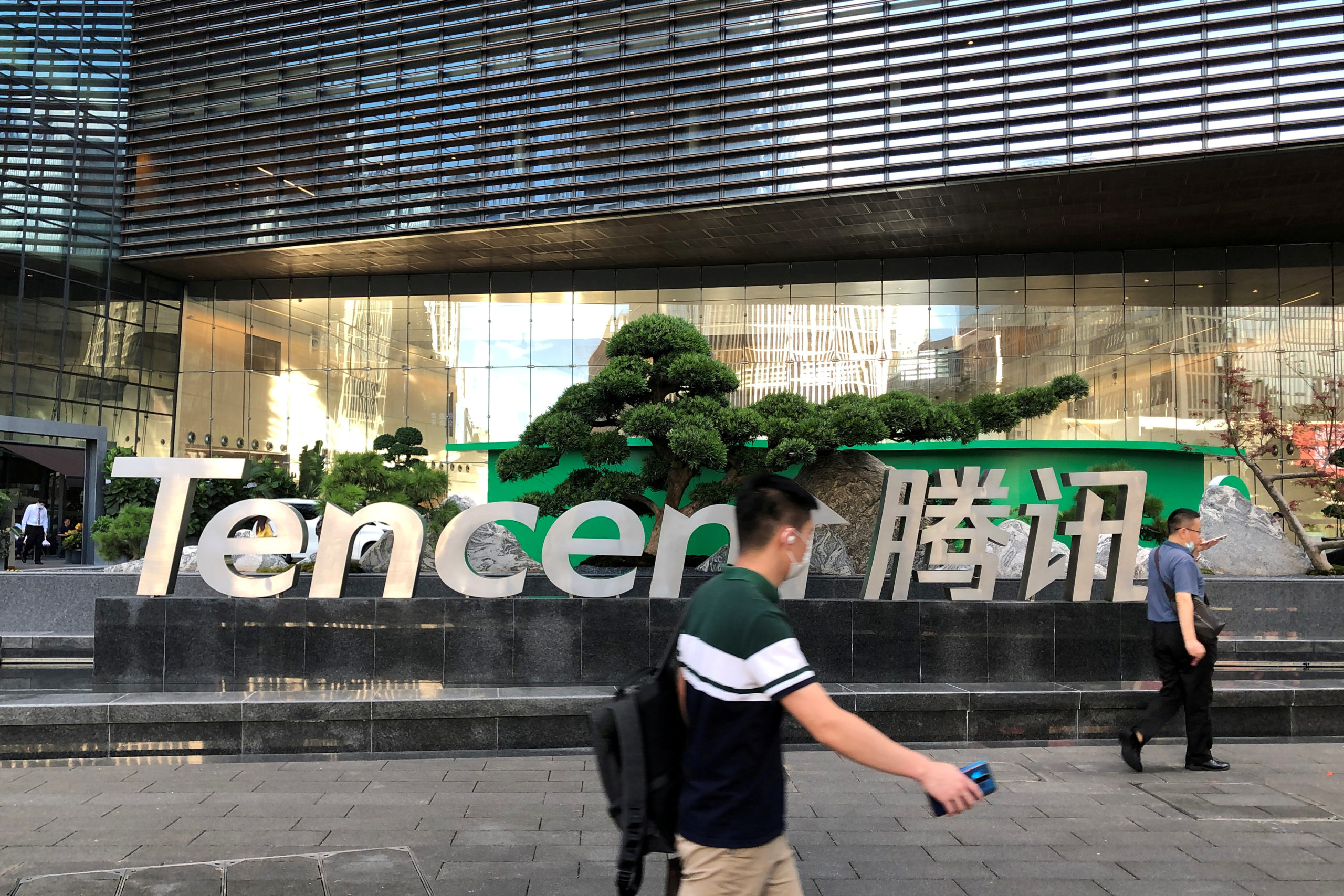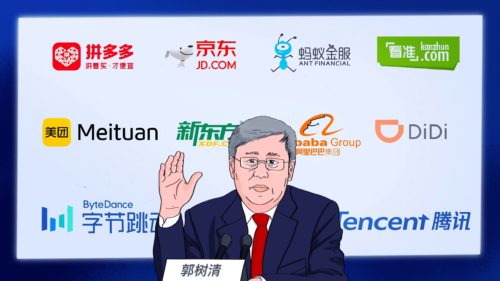Tencent’s game studio tries to combat employee burnout by banning long working hours — but will others follow suit?
In a fresh attempt to address employee burnout and change China’s overwork culture, a video game developer owned by Chinese internet giant Tencent has introduced a set of policies designed to prevent employees from working excessive hours and encourage them to use vacation time.

In a fresh attempt to address employee burnout and change China’s overwork culture, Lightspeed and Quantum Studios 光子工作室, a Shenzhen-based video game developer owned by Chinese internet giant Tencent, has introduced a set of policies designed to prevent employees from working excessive hours and encourage them to use vacation time.
The initiative is laid out in an internal memo (in Chinese) that leaked earlier this week on Maimai, a Chinese professional networking site. In the memo, the studio announced that starting June 14, it would designate every Wednesday as “Health Day” and require employees to leave work at 6 p.m. On other weekdays, employees would be mandated to clock out before 9 p.m. Exemptions are allowed if one has urgent assignments and projects to complete, but they have to submit a request for late hours at work with the company’s human resources department and schedule some time off later as a compensation for working overtime.
The studio also stated in the document that it would strictly ban working on weekends or legal holidays in order to make sure employees have “ample opportunities to recharge.” The overall objectives, as outlined in the memo, are to ensure “the physical and emotional well-being” of its employees, increase productivity, and achieve “steady and sustainable” developments without burning out its workforce.
Immediately after the memo made its way to Weibo, it became a trending topic on the platform, inspiring a slew of hashtags about the grueling working conditions and hard-edge labor practices faced by many blue- and white-collar workers in China. The two most popular ones, “What if we only have to work eight hours a day” #如果每天只上8个小时班# and “Why is it so hard to leave work on time in big Chinese internet companies” #大厂正点下班为什么这么难#, have together generated over 240 million views on the platform as of today.
The social media responses to the guidelines were overwhelmingly positive, with many praising the studio for “making a real effort” to improve working conditions and calling for other employers to follow its lead. “Are they still hiring? Now I really want to change jobs,” a Weibo user wrote (in Chinese).
But some questioned whether the policies, despite looking plausible on paper, would be effectively enforced in reality, as “leaving office doesn’t necessarily mean being completely unplugged from work.” They argued that while people usually work overtime because they have to, some are willingly committed to overworking as a lifestyle due to peer pressure or fear of falling behind on their work.
“These policies ultimately work in the studio’s favor if you really think it through. Employees will continue to work long hours, but at home, secretly. At the same time, the company can save a lot of money by not providing overtime meal allowances and overtime pay,” a critic commented (in Chinese). Another person, speaking from his own experience, wrote (in Chinese), “My employer did something similar a while ago and we ended up having a lot of late-night virtual meetings at home.”
China news, weekly.
Sign up for The China Project’s weekly newsletter, our free roundup of the most important China stories.
Additionally, some online said that the fact that the policies were considered to be “groundbreaking” and “applaudable” by many was ironic in and of itself, considering that China’s labor law actually stipulates that workers should not work more than eight hours a day, and no more than 44 hours a week on average. “How sad it is that we’ve grown so accustomed to exploitation by capitalists that these policies are regarded as additional benefits worthy of appreciation. They are required by law!” a Weibo user said (in Chinese). Another popular comment read (in Chinese), “The news should be framed this way: Tencent is taking the lead in complying with labor law.”
In China, the 9-to-5 is pretty much dead. Instead, a fetishization of unending work hours is common among white-collar workers, especially rank-and-file employees at major internet companies, who collectively created the infamous “996” culture — working 12 hours a day (9 a.m. to 9 p.m.) and six days a week.
The studio’s move followed a series of high-profile incidents that spotlighted the pressing issues with China’s ingrained culture of overwork. Last year, a 22-year-old employee of Pinduoduo, a rapidly growing Chinese e-commerce company, collapsed on her way home from work on a late night and died after failed resuscitation attempts. In January, a Pinduoduo engineer leaped to his death while visiting his parents, who later revealed that the young worker had been dealing with “a high level of pressure” at work for quite some time. His suicide later prompted a former Pinduoduo employee to post a viral video, in which he condemned the “unreasonable policies” and “constant exploitation” of the company.
But in recent years, a growing number of Chinese workers have begun to redraw the boundaries — or at least acknowledge the absurdity of the norm. The pushback exploded prominently in 2019 when a group of anonymous programmers launched a movement on GitHub, the Microsoft-owned code and tool sharing site, to air their grievances and compile a blacklist of Chinese internet companies where the hours were especially long. Since then, workplace practices have attracted increasing scrutiny and calls to end the overwork culture have grown louder. In April, when a Chinese actress-turned-entrepreneur said that she was a difficult boss who regularly texted employees late at night, the revelation caused enough of a reaction that she apologized and vowed to correct her behavior.






